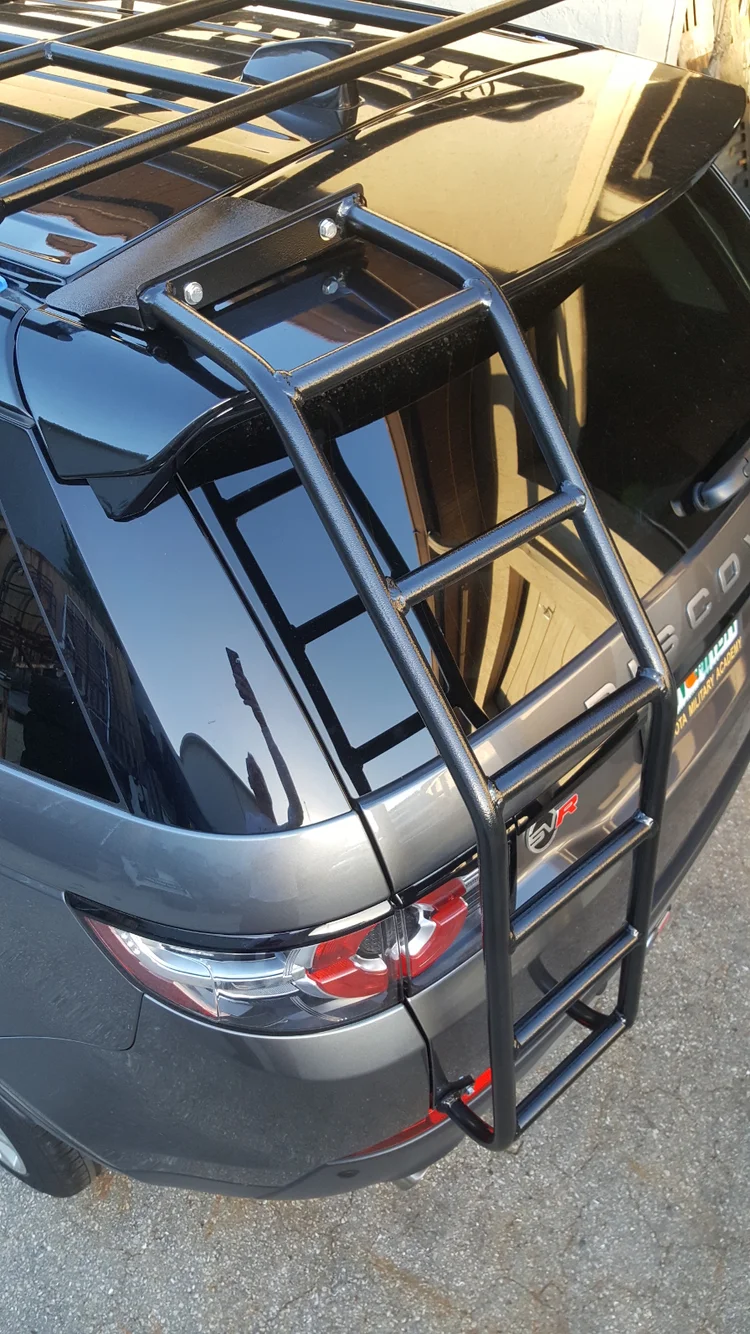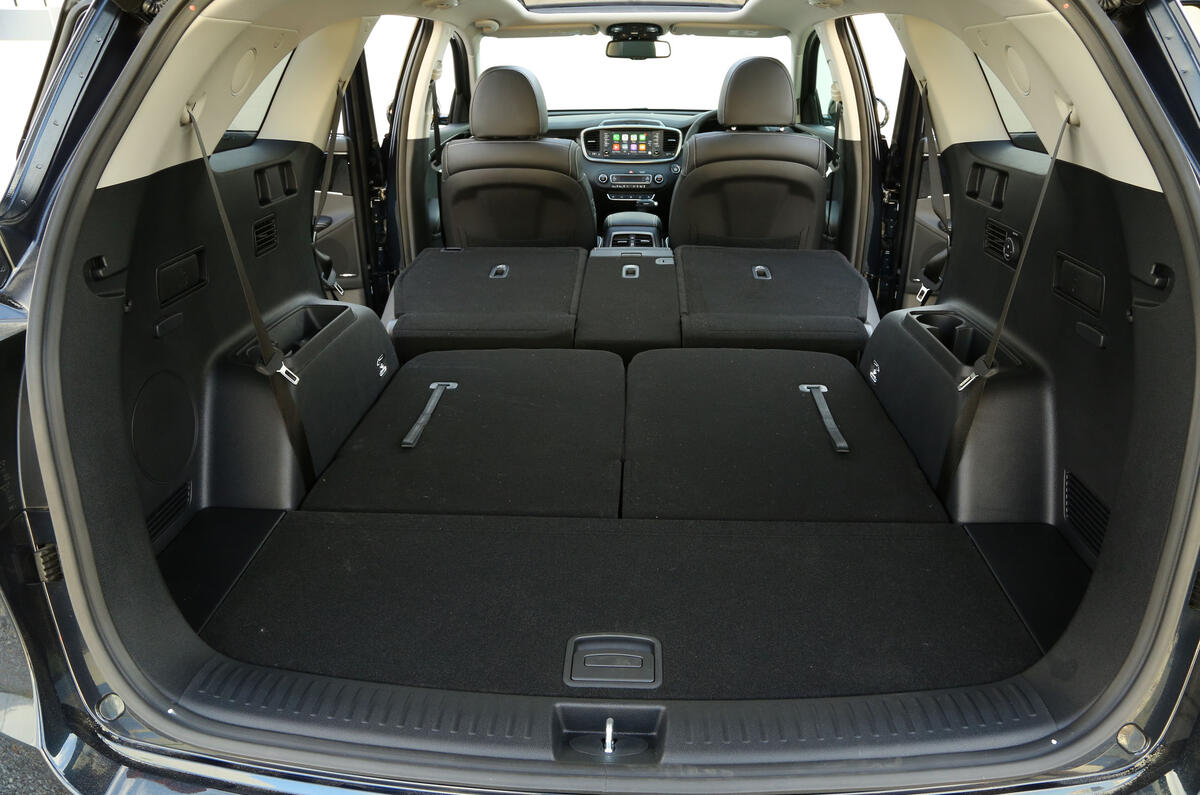Discovery Discovery is the process in which we will use a discovery tool to scan select systems for detailed information regarding their ability to be managed using Intel® Active Management Technology (Intel® AMT). This process can involve both remote and local tools to determine the state of any particular device. Products purchased in the US that have reached END-OF-SUPPORT (EOS) or cannot be found using Search on this site (support.dlink.com) may have been moved to our Legacy Products site (legacy.us.dlink.com). This package provides the Dell System Software Utility and is supported on Latitude E5520/2120, OptiPlex 9010 and Vostro Notebook 3450 that are running the following Windows Operating System: Windows 7 (64-bit). Additional Driver Discovery (A.D.D.) identifies potential additional drivers in a household. There are many reasons why there are drivers in a household who may not have been disclosed by the applicant. Reports these drivers, as well as the identity information associated with them. Install Drivers for STMicroelectronics Discovery Boards. Before you start working on Support Package for STMicroelectronics ® Discovery™ boards, you must first configure your computer to detect the STMicroelectronics Discovery board.
-->This section applies only to Windows 7 and later operating systems.

A user-mode display driver that runs on Windows Vista and later versions and Windows Server 2008 and later versions must fail adapter creation (that is, fail a call to the driver's OpenAdapter10 function) for DDI versions that the driver does not explicitly support.
Windows 7 provides a way for Direct3D applications to discover the DDI versions and hardware capabilities that the driver explicitly supports. This improves version verification. Windows 7 introduces new adapter-specific functions to improve versioning and to provide the opportunity to optimize API and driver initialization. You must implement and export the OpenAdapter10_2 function in your Direct3D version 10.1 driver so the Direct3D runtime can call the driver's new adapter-specific functions. If you instead implement OpenAdapter10 in your Direct3D version 10.1 driver, the driver can only indicate whether it supports a DDI version by passing or failing the call to OpenAdapter10.

OpenAdapter10_2 returns a table of the driver's adapter-specific functions in the pAdapterFuncs_2 member of the D3D10DDIARG_OPENADAPTER structure. pAdapterFuncs_2 points to a D3D10_2DDI_ADAPTERFUNCS structure. The Direct3D runtime calls the driver's adapter-specific GetSupportedVersions function to query for the DDI versions and hardware capabilities that the driver supports. GetSupportedVersions returns the DDI versions and hardware capabilities in an array of 64-bit values. The following code example shows a GetSupportedVersions implementation:
Stm32f4 Discovery Drivers
A Direct3D version 10.1 driver is not required to verify the values that are passed to the Interface and Version members of D3D10DDIARG_OPENADAPTER in a call to its OpenAdapter10_2 function even though these values contain DDI version information with which to initialize the driver. The driver can return DDI version and hardware capabilities through a call to its GetSupportedVersions function.
The Direct3D runtime can pass values to the Interface and Version members of D3D10DDIARG_CREATEDEVICE in a call to the driver's CreateDevice(D3D10) function that are different than the values that the runtime passed to OpenAdapter10_2; the runtime passes values to the Interface and Version members of D3D10DDIARG_CREATEDEVICE that are based on the DDI version and hardware capabilities information that the driver's GetSupportedVersions returned to the runtime. The driver is not required to validate the values that are passed to the Interface and Version members of D3D10DDIARG_CREATEDEVICE because the driver already indicated support of these values through its GetSupportedVersions function.
If you are porting your driver from Direct3D version 10.0 to Direct3D version 10.1, you should convert the driver to only monitor the Interface and Version members that are passed to CreateDevice(D3D10) instead of OpenAdapter10_2. You should analyze both CalcPrivateDeviceSize and CreateDevice(D3D10) function implementations in your ported driver to ensure that there are no assumptions about the values in the Interface and Version members for CreateDevice(D3D10) matching the values in the Interface and Version members for OpenAdapter10_2.

NoteOpenAdapter10_2 has the same function signature as OpenAdapter10 (that is, PFND3D10DDI_OPENADAPTER as defined in the D3d10umddi.h header). You can implement both functions in the same user-mode display driver DLL.
Discovery 2 Drivers Seat
Discovery Driving and Traffic School was established in 1992, in the City of La Puente, CA. We opened another location in Moreno Valley, CA in 2003, located at 24481 Sunnymead Blvd.
Discovery Driving and Traffic School remains family owned and operated, serving the Moreno Valley area. We offer Drivers Education, Behind The Wheel Training, Traffic School, and Instructor Training. Visit www.discoverydrivingschool.com for online Driver Education.
We enjoy teaching, having fun, interacting with our students, mentoring, and listening to their questions and concerns. Best of all, all of our instructors go through a rigorous in house training program in addition to the mandated DMV required training and testing. In other words our instructors are very knowledgeable and able, to driver your son our daughter.
We look forward to making your experience enjoyable, interactive, fun, and safe.


Discovery Driver's License
'Life is an adventure live it to its fullest and never stop learning.'
